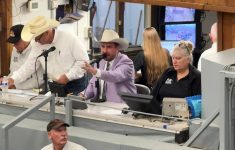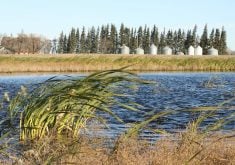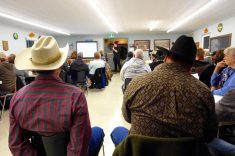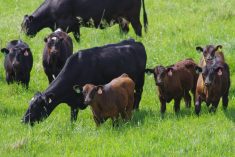St. Claude dairy farmers Roger and Rachel Philippe were raising their male calves instead of disposing of them, but they weren’t happy with the prices they received when they sold them for slaughter.
The couple, who has 200 milk cows, don’t use antibiotics or growth hormones and use feed regimes that produce quality meat. But the marketplace didn’t reward them for that effort and expense.
“We were spending a lot of money and putting a lot into those animals,” said Roger. “But we were subject to the price for the grade they gave, especially in the U.S. where they don’t, in my opinion, grade the Holstein breed to the quality it should be.”
Read Also
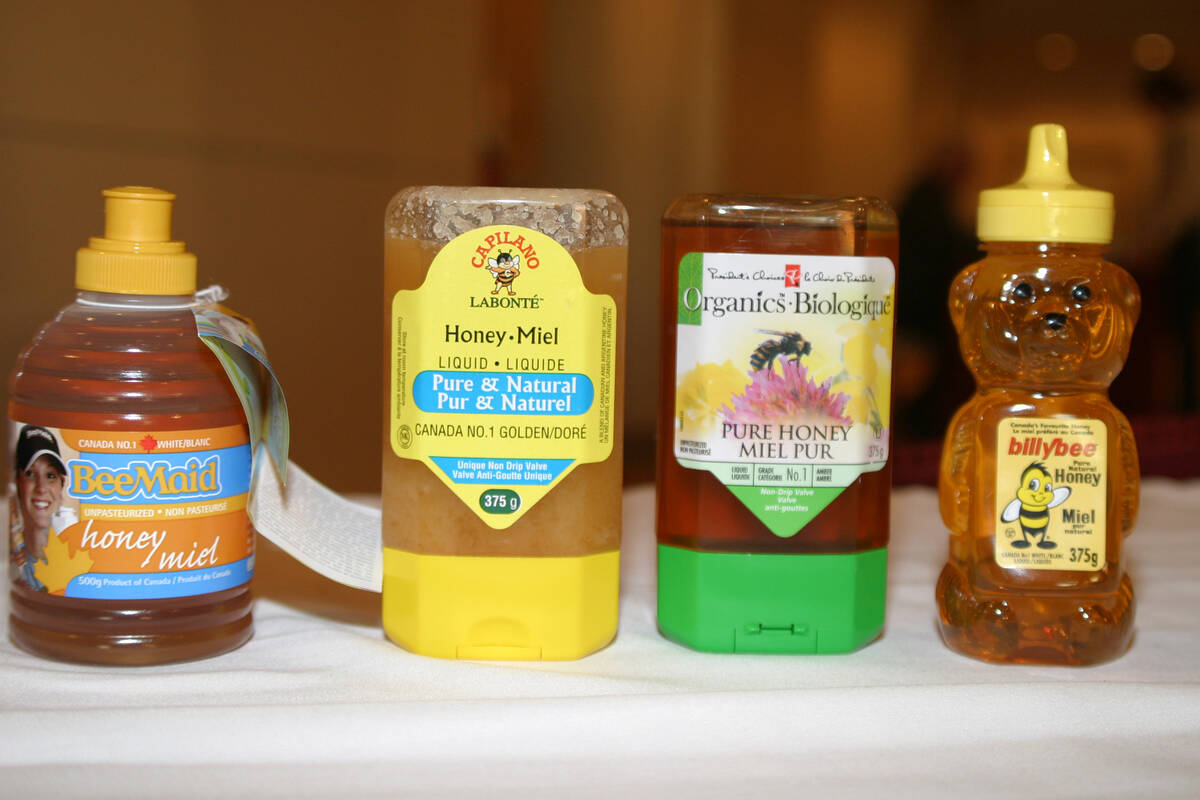
Beekeepers call foul on fake honey
Canada’s beekeepers say the stubborn flow of adulterated honey hasn’t gone away, and it risks compromising both domestic honey producers and crop pollination.
So the couple began selling a few animals to friends and neighbours, and prepared a business plan on direct marketing from their farm. When they learned a nearby abattoir, Carman Meats, was for sale, they seized the opportunity.
In October 2008, their new business — renamed All Natural Meats — began selling 28-day, dry-aged steaks, roasts, ground, and other cuts processed from their 16- to 20-month-old calves. They continue to be a key go-to processor for other regional farmers within about a 60-mile radius, who have their goat, pork, bison, elk and lamb custom slaughtered and processed here.
All the while they’ve built a popular local retail outlet, with their beef accounting for about half of their beef sales at their store at the north end of Carman.
They also sell through their website (www.allnaturalmeats.ca), several Winnipeg stores including La Grotta Piazza De Nardi, and Winnipeg restaurants such as Mexican food JC’s Tacos on Henderson Highway and Osborne Street area’s The Unburger, which specializes in gourmet fast food. Both restaurants exclusively serve the Philippes’ beef.
They aim to grow the Winnipeg market by focusing on increasing consumer interest both in quality and knowing “the story behind their food,” Philippe said.
“People want to buy local and to know where their food comes from,” he said.
“We were also looking at trends such as people trying to find products without antibiotics or without growth hormones.”
However, the couple may have to stop using the terms “natural” and “naturally raised” in their marketing, as the Canadian Food Inspection Agency is proposing to limit the use of “natural” or “naturally raised” to products that are raised with minimal human intervention, such as wild turkey or wild fish.
“You can’t raise an animal without human intervention,” said Philippe.
“What we plan on doing is just to keep describing to our customer how we humanely raise our animals, and the processes we use, and the feed we use, and how we don’t use certain products like antibiotics or growth hormones.”
The new rules, if adopted, may even turn out to be a business advantage, he added.
“Before anyone could say ‘naturally raised,’” he said. “Now basically nobody will.”






